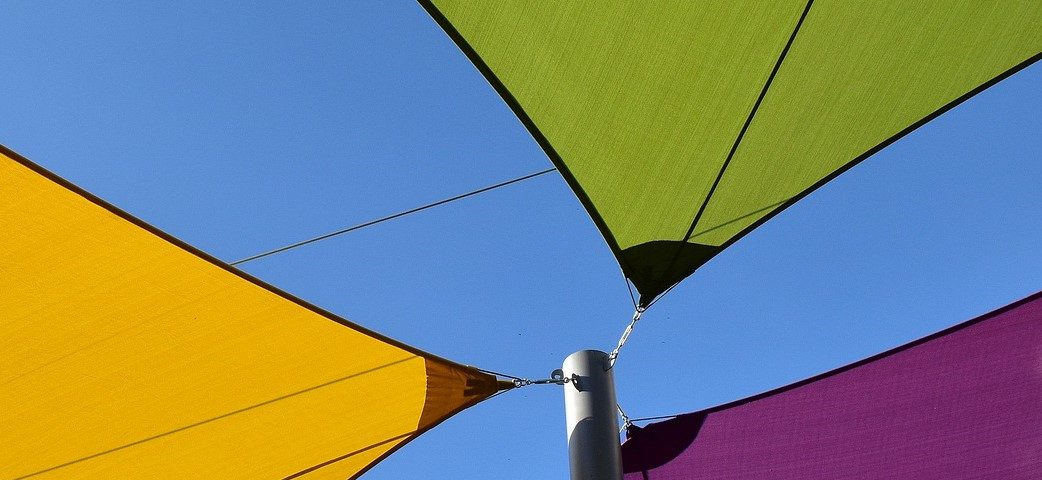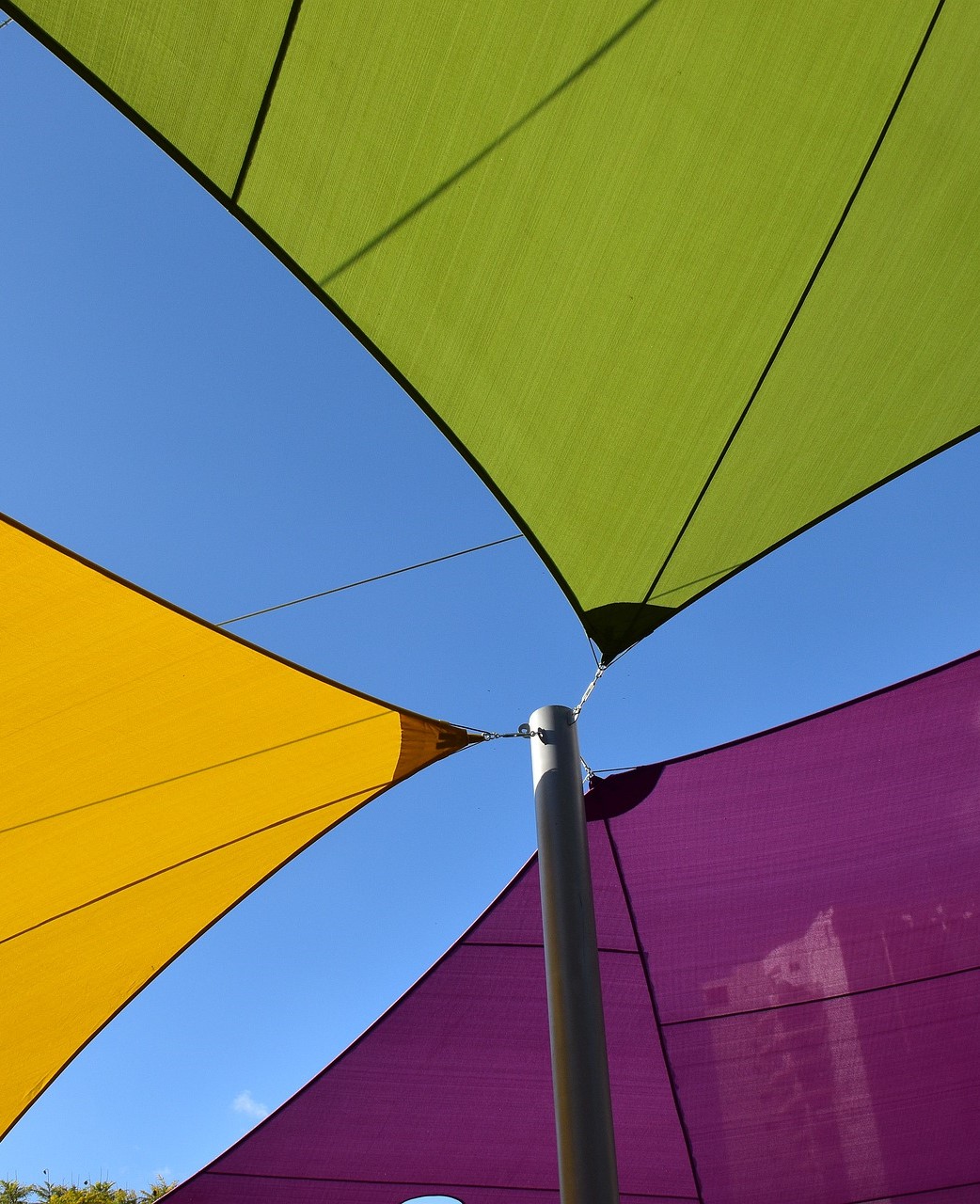4 Secrets To A Productive Garden All Summer Long

4 Secrets To A Productive Garden All Summer Long
Keeping your garden productive all summer long is more difficult than it sounds. Aside from figuring out a watering schedule while you are on vacation, there are many strategies to get more of your summer harvest. Below are four ways to keep your garden productive all summer long!
Grow your soil
In previous posts we’ve talked about how to develop healthy soil and the importance of composting. Mulch is also an important part of growing healthy soil, as it will help retain moisture and add organic material that creates a healthy soil biome. Mulch also can help the soil maintain an even temperature with less volatile cold and hot temperatures. Developing healthy soil, regularly adding compost to your soil and adding mulch layers will result in healthy plants and fewer pests.
Thin and weed
It is important to provide adequate space so that each plant is not overcrowded. Removing rival plants allows plants to draw adequate nutrients from the soil and space for them to grow. Competition from weeds and other plants will cause them to be less healthy and in some cases plants may become deformed. In addition, weeds often grow fast, often meaning they draw up available moisture from the soil.
Plant and harvest in succession
Succession planting means that you plant replacements for crops while they are still growing. This is often the most effective way to have a continual supply of produce and a steady harvest. If one cycle isn’t successful, it has a replacement growing. In addition, avoid binge harvesting that leaves no more potential produce for future harvest. Harvest all greens from the outside in, only taking what you need.
Create microclimates and provide shade
Utilizing or creating microclimates, layering and even subterranean gardens under trampolines will help to extend your growing season. Shade is a key part of this. By increasing shade in the hot summer months you can reduce the amount of sunlight that may be harmful to some plants in the late afternoon. Microclimates can alter the types of plants grown by as much as two USDA Zones!
To find out what webinars or live classes are available for free click here!

